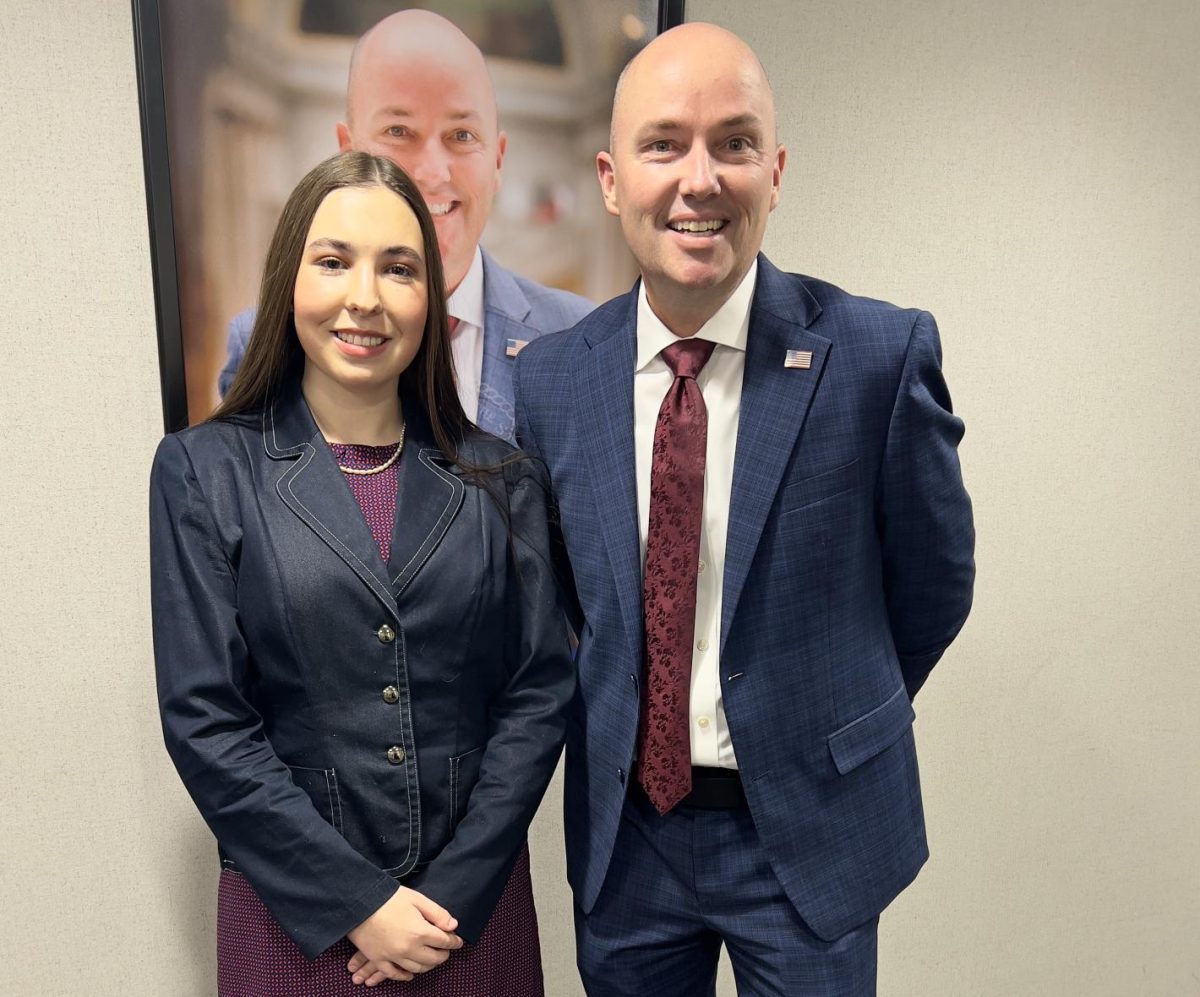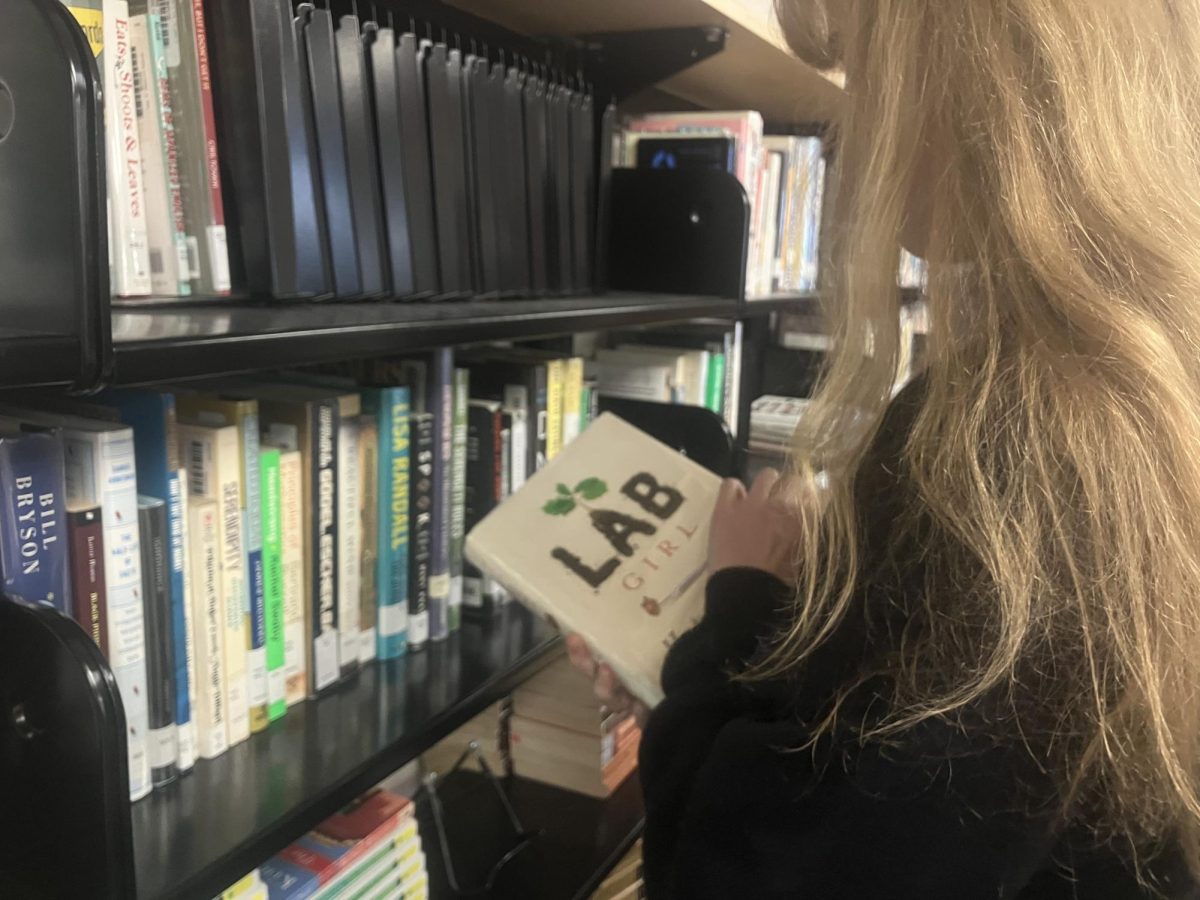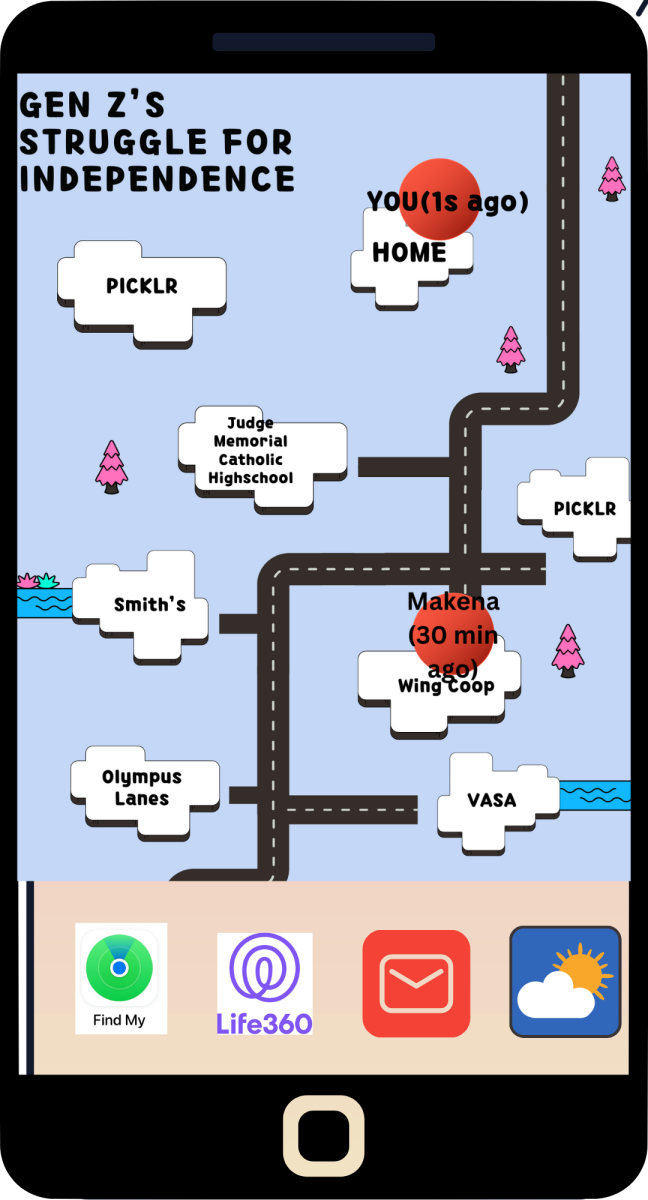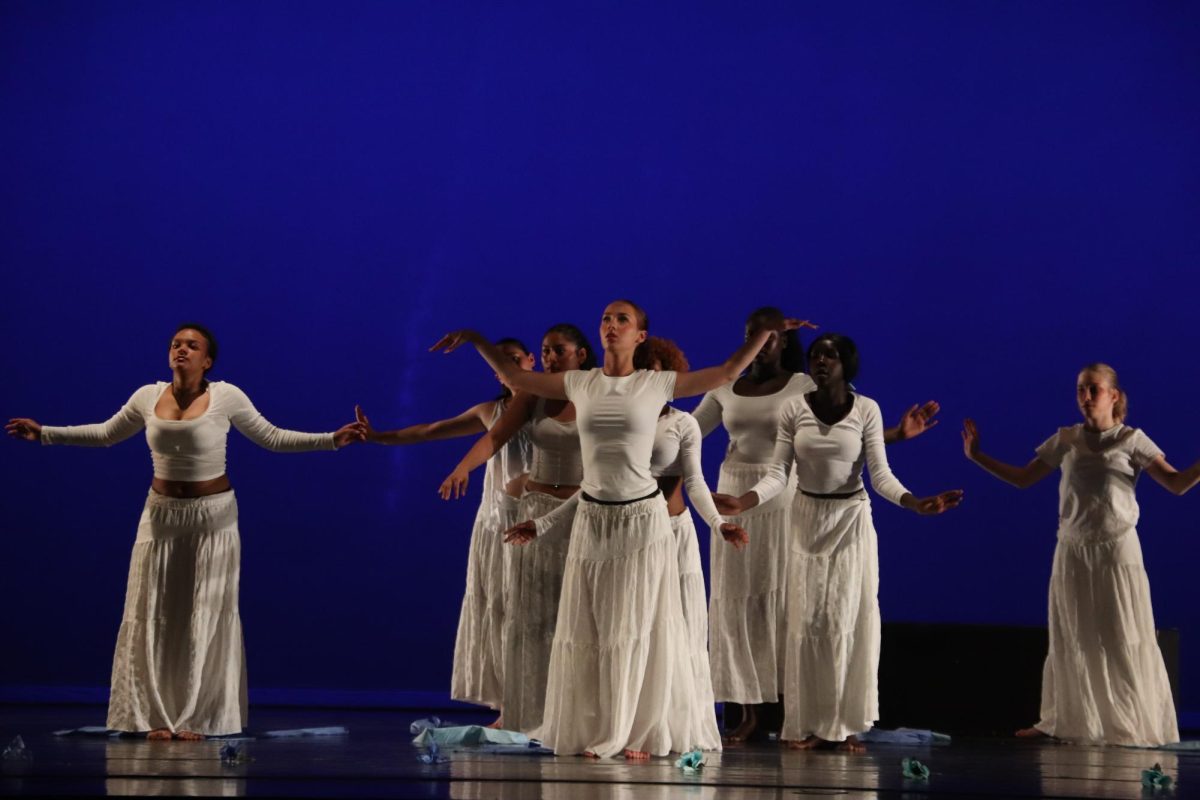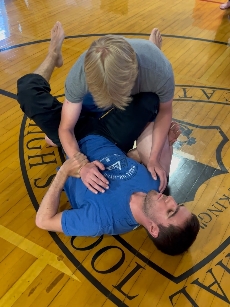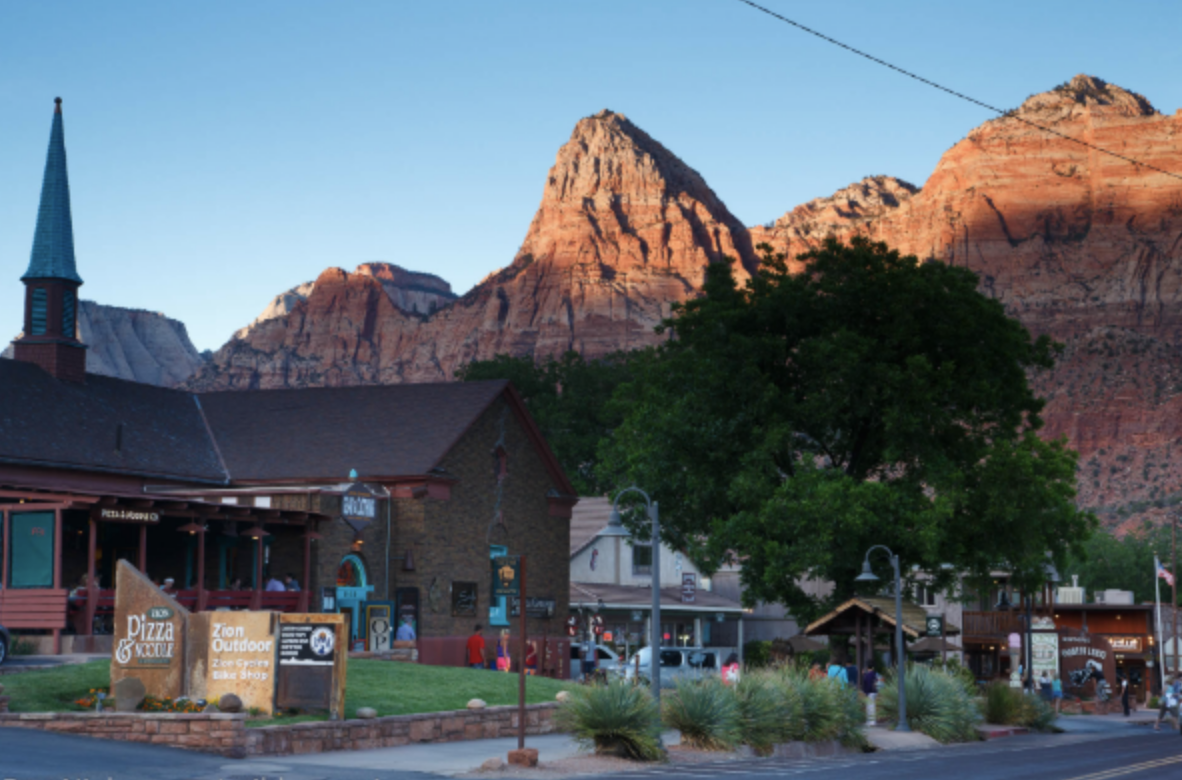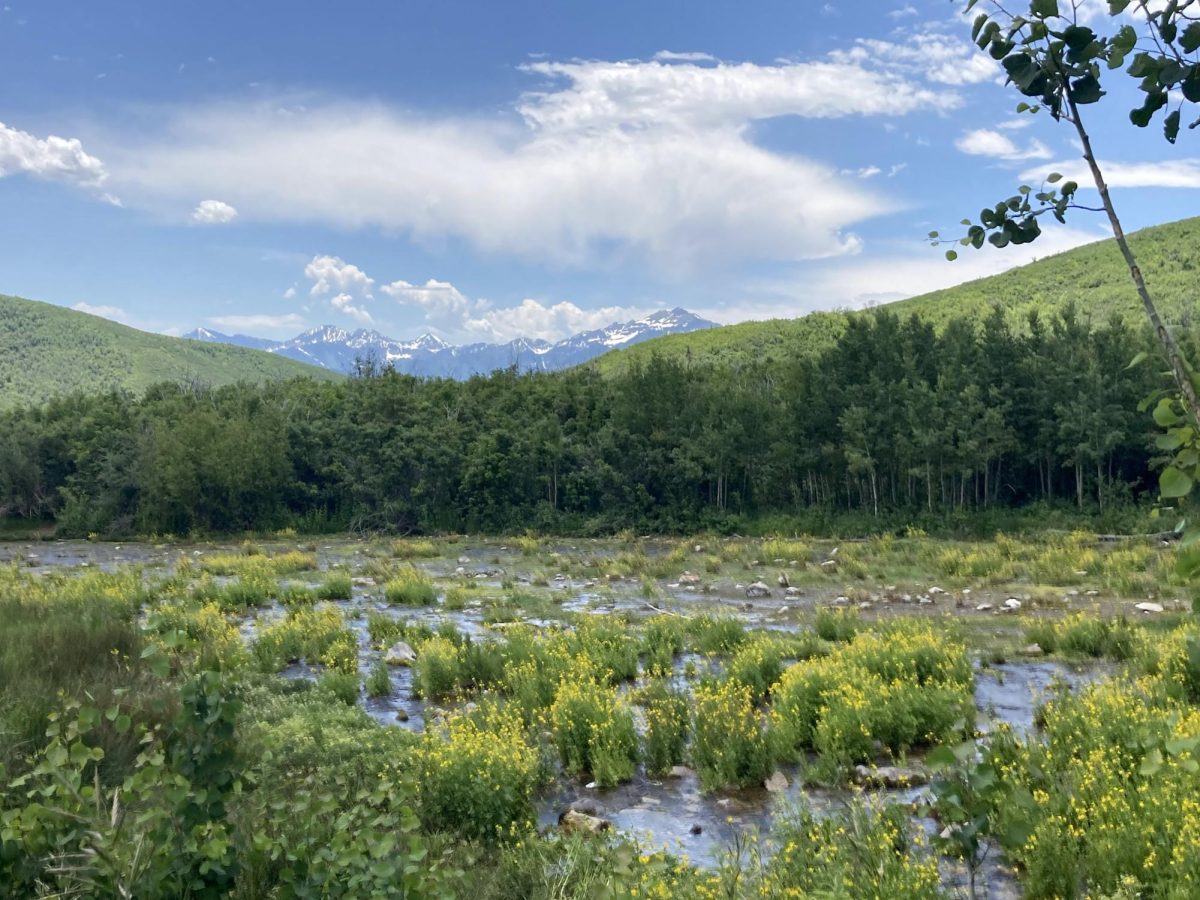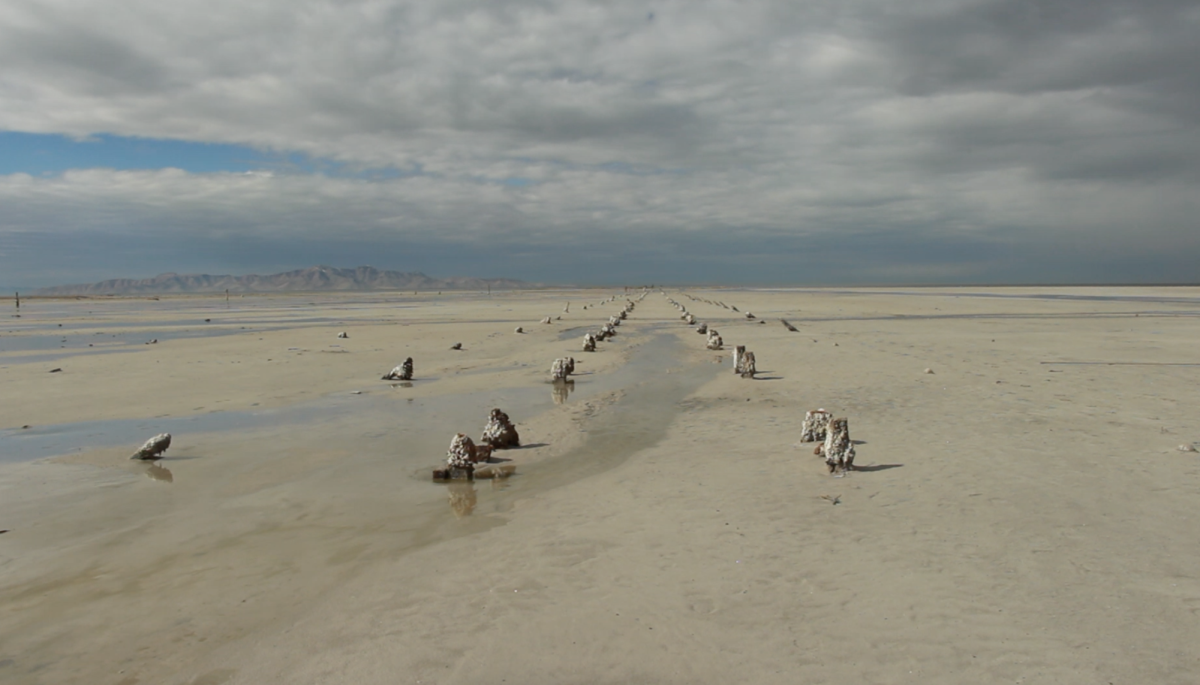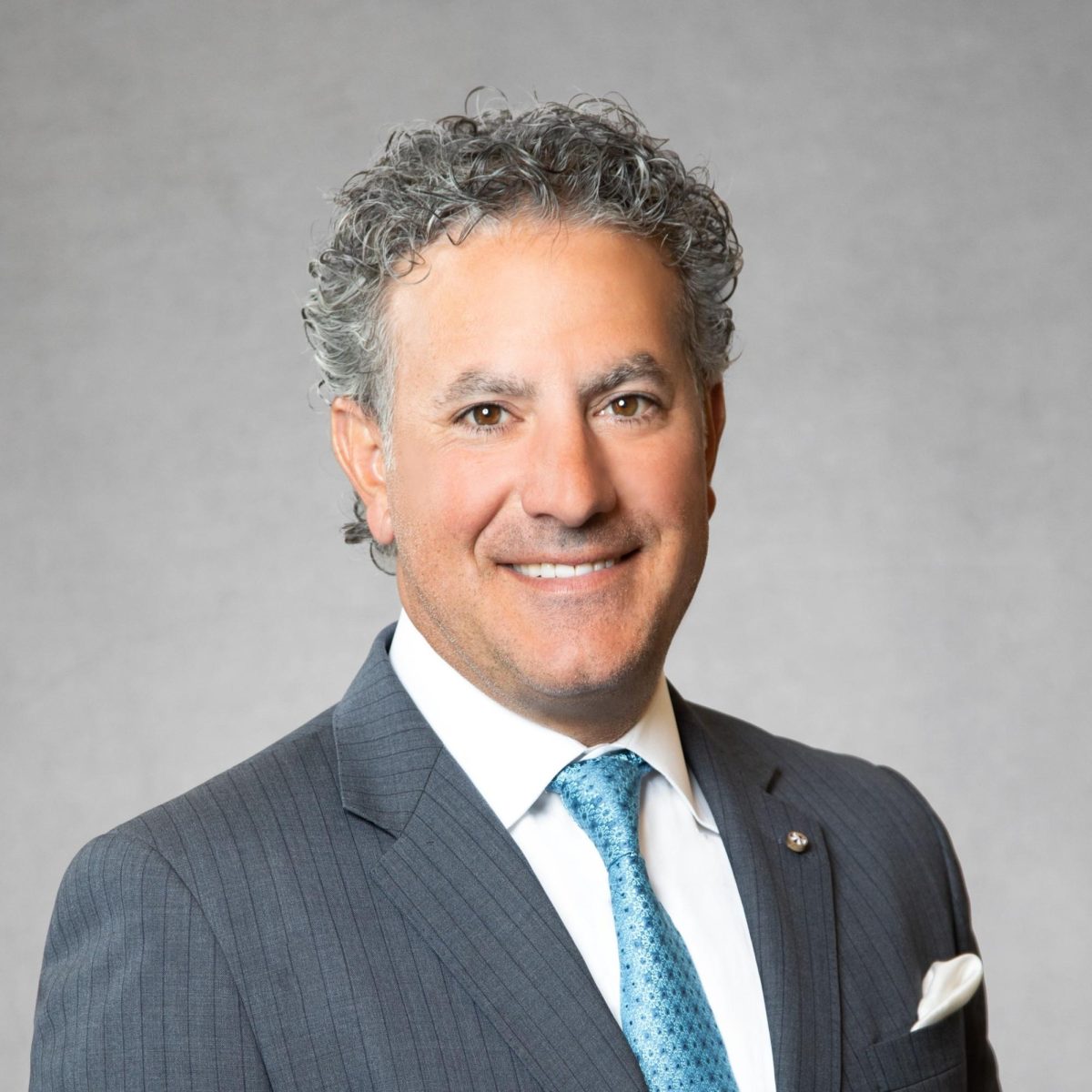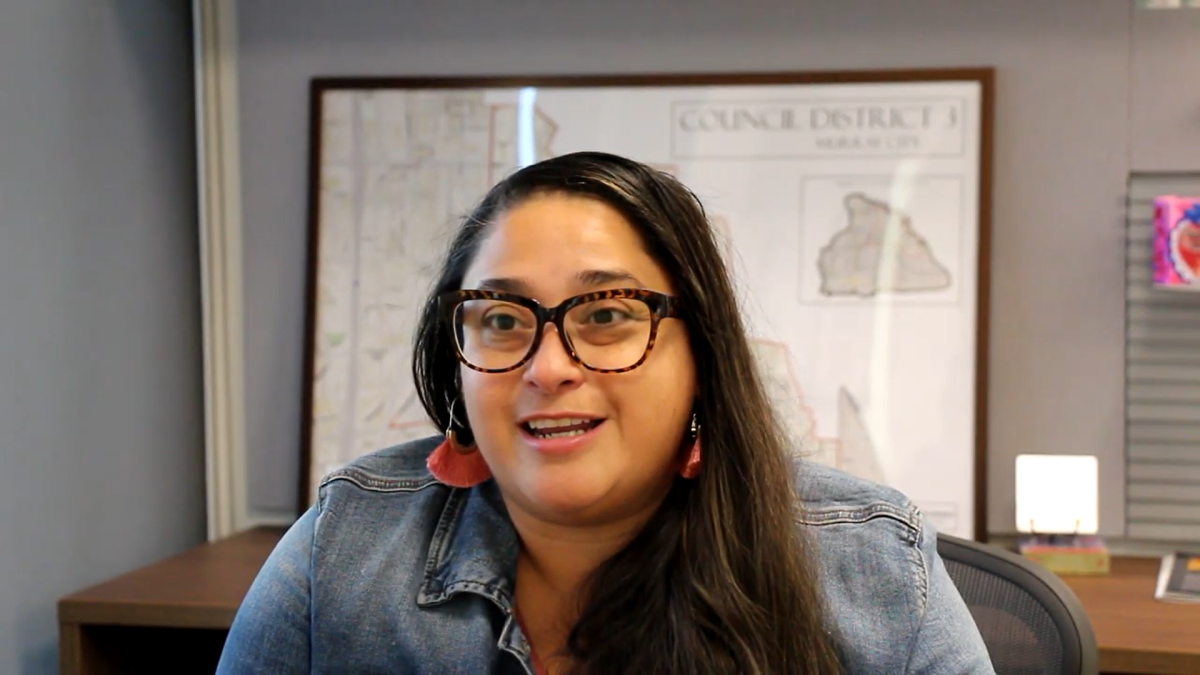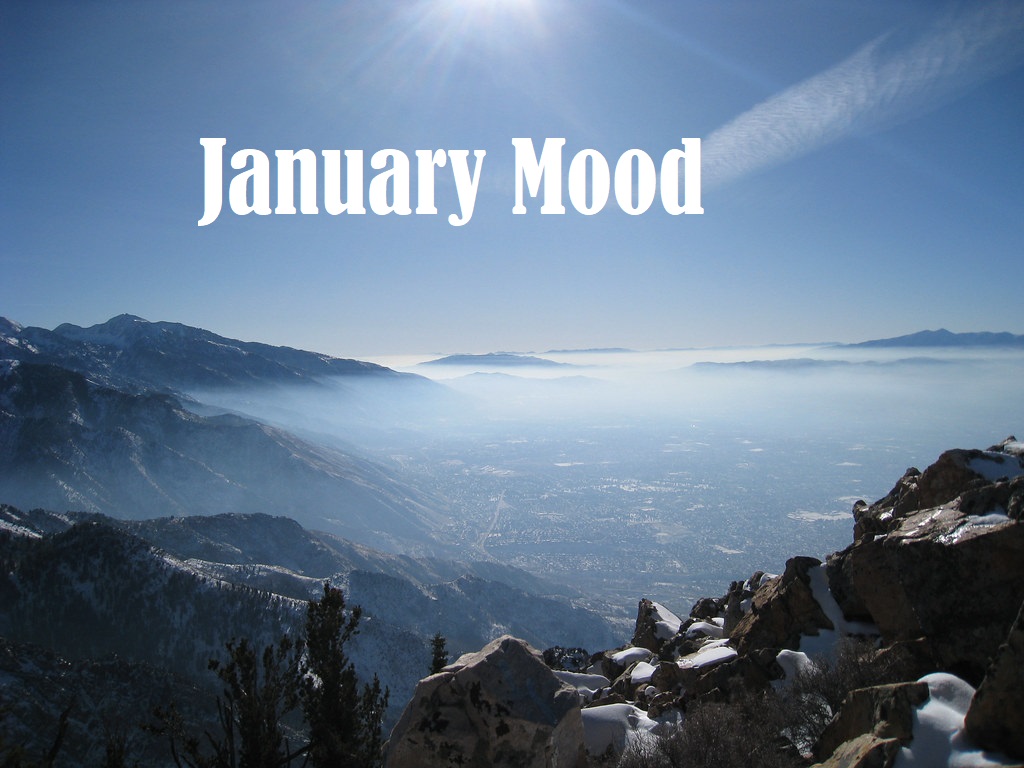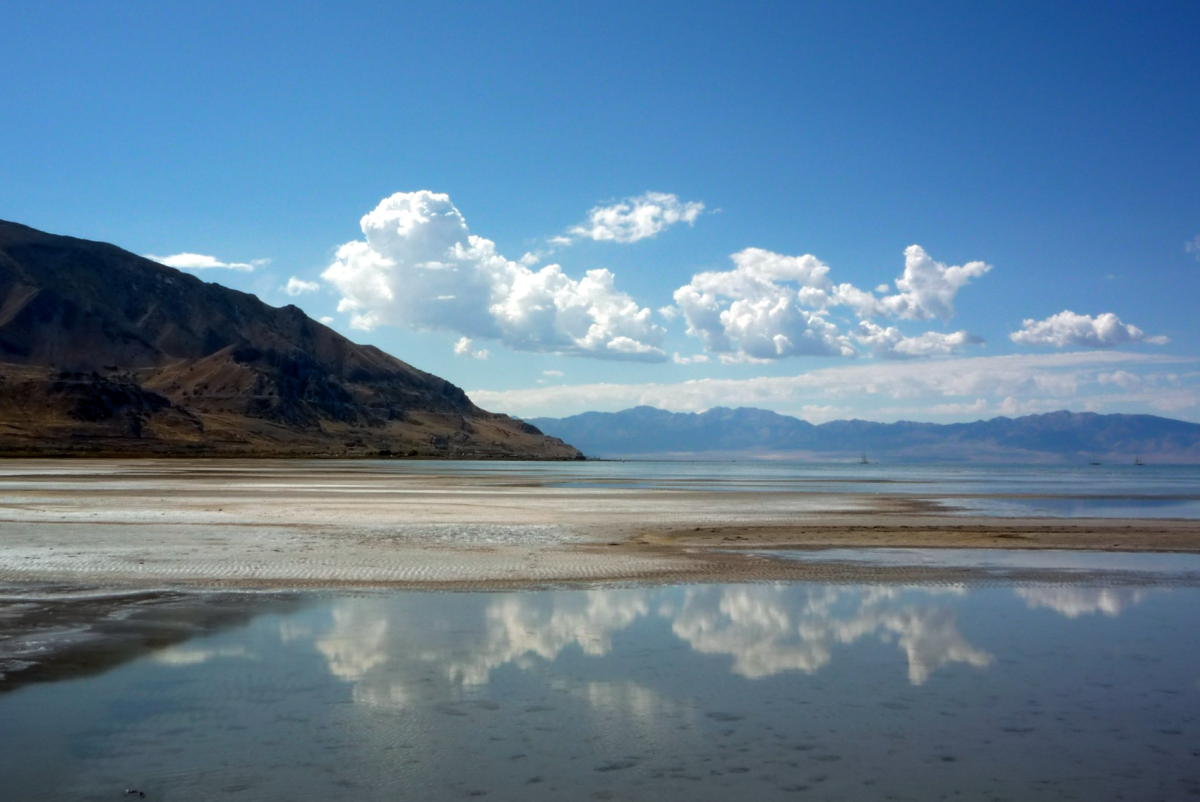Lawmakers in Utah have begun to push legislation H.B. 249, to counter the “rights of nature” movement gaining momentum in efforts to save the drying Great Salt Lake. This bill, which has passed the House, has the main goal of preventing the grant of “legal personhood” to lakes, bodies of water, animals, plants, and interestingly enough, artificial intelligence. While this bill does not explicitly mention the Great Salt Lake, this proposal comes just after a strong push for the recognition of the lake’s “rights.”
Personally, I disagree with the goal of H.B. 249, and I very much believe that anything in nature should have legal personhood and the rights that come with it. One of the main arguments against this bill is one that I fully support, generally stating that the bill infringes on local decision-making and disrespects Indigenous belief systems that view nature as possessing distinct rights.
The main goal of the Rights of Nature movement is also one that I support, seeking legal recognition so that ecosystems and species have inherent rights, similar to human legal personhood, with specific guardians to enforce those rights.
As a Utahn, I feel that this bill is extremely tone-deaf to current situations, especially with the Great Salt Lake.
All lawmakers in Utah should be aware of the increasingly pressing issue that is the drying of the Great Salt Lake. Not only will the drastic shrinking of the lake destroy ecosystems and relocate animals, but it also has the potential to have major effects on the human habitability of the Salt Lake Valley. Already infamous for bad air, without our great lake, the valley would turn into a toxic dustbowl. There are mineral deposits buried under all that salt water that would be exposed to air for the first time ever, dry out, and blow into the valley.
So, even if lawmakers are opposed to giving natural entities legal human rights, they should be aware that preventing this could be the first step towards the destruction of the very place they live.



